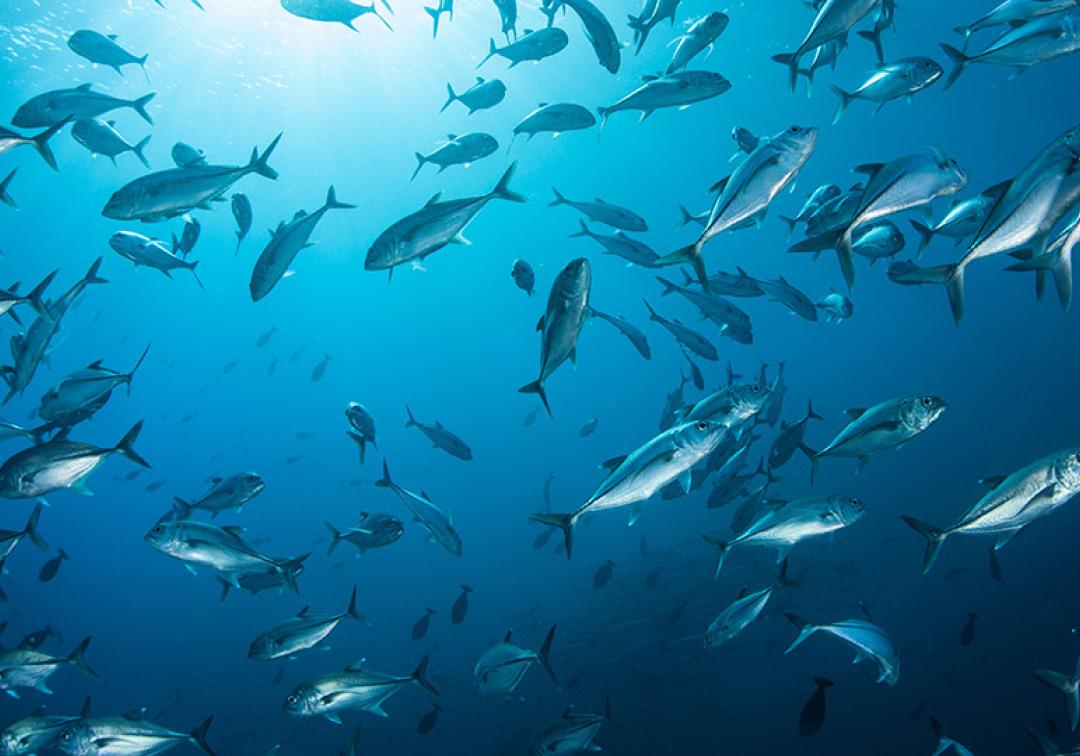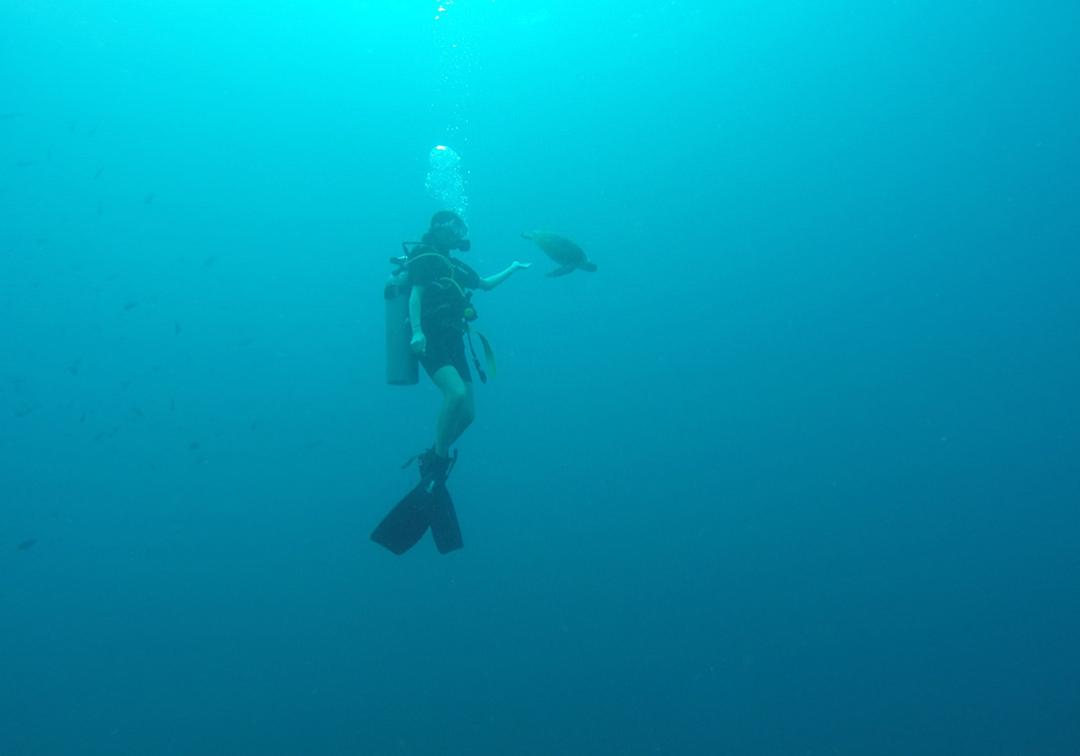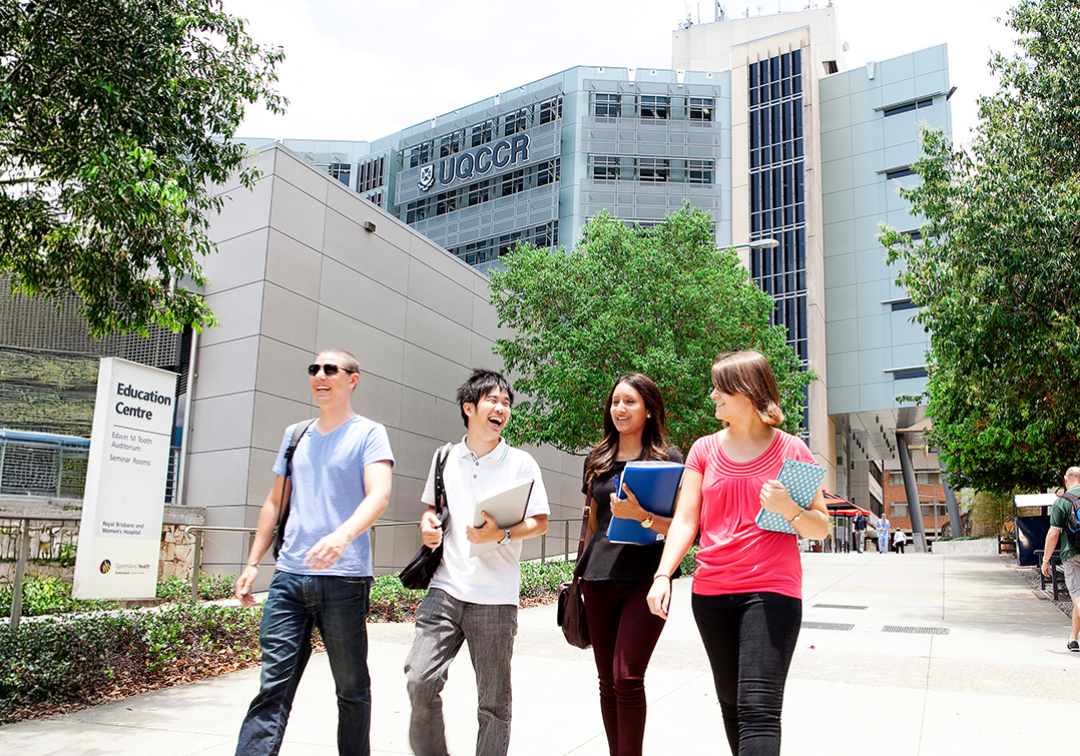
Learn to interpret the rapid advances in science and mathematics and engage general and non-expert audiences with impact.
Discover how to communicate complex issues such as energy conservation, waste disposal, pesticide risk, or novel, emerging technologies.
Practise strategies that educate and influence effective decision making by the public.
Build a communication toolkit using critical thinking, reading, verbal and writing skills.
Develop, deliver and evaluate your own science communication strategy with a local community audience.
Use your elective courses to focus on strategic communication or journalism.
Be challenged by award-winning communication and journalism researchers during interactive lectures, tutorials and workshops.
Practice your collaboration and interpersonal communication with science and non-science students.
Science communicators work in research institutions, universities, government, the private sector, the media, education, cultural institutions, medical charities and the arts.
Employment for science communicators is continuing to grow as organisations prioritise communicating their research to raise awareness, public support and funding.
Career possibilities
Our programs prepare you for your first job and beyond. Here are some of the careers you could be on your way to:
- Environmental and science communicator
- Content creator
- Technical writer
- Education officer
- Editorial writer
Graduate salary
Science and mathematics (undergraduate)
compared.edu.au
Next steps after graduation
When you graduate, you'll be in high demand by employers for your advanced technical, communication, independent thinking and problem-solving skills.
Depending on your major, you'll have the pick of a broad range of career possibilities in areas, including but not limited to:
- academia and research
- government
- industry
- environment
- hospitals and health
- marine preservation
- secondary school teaching (with further study)
- environmental planning and site assessment
- operations research and logistics
- finance.
Events
See all events
7 April
International Baccalaureate Research Skills Program

30 June
Queensland Biology Winter School, Year 11
Stories
See all stories
Uni life
What's it really like to study science at UQ?
9-minute read

Careers
What jobs can you do with a Bachelor of Science?
7-minute read

UQ people
What’s it like to be a first-year med student?
3-minute read
Stories
See all stories
Uni life
What's it really like to study science at UQ?
9-minute read

Careers
What jobs can you do with a Bachelor of Science?
7-minute read

UQ people
What’s it like to be a first-year med student?
3-minute read
How you'll learn
Your learning experiences are designed to best suit the learning outcomes of the courses you choose.
- Lectures
- Tutorials
What you'll study
At UQ, subjects are called 'courses'. Here's a sample of the courses you could study:
- Journalistic Narratives
- Media Strategies
- Pubic Relations Writing
Keep up to date
Sign up to get information about applying and studying at UQ.



